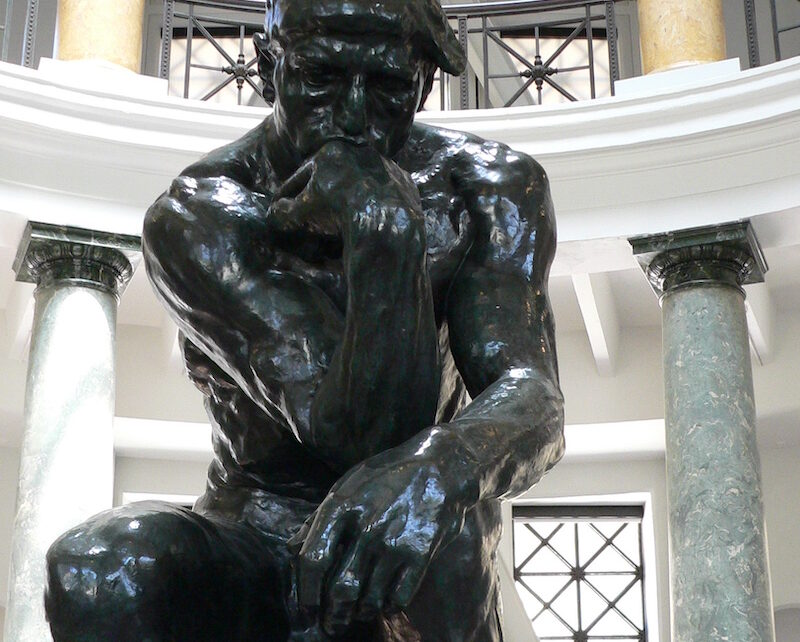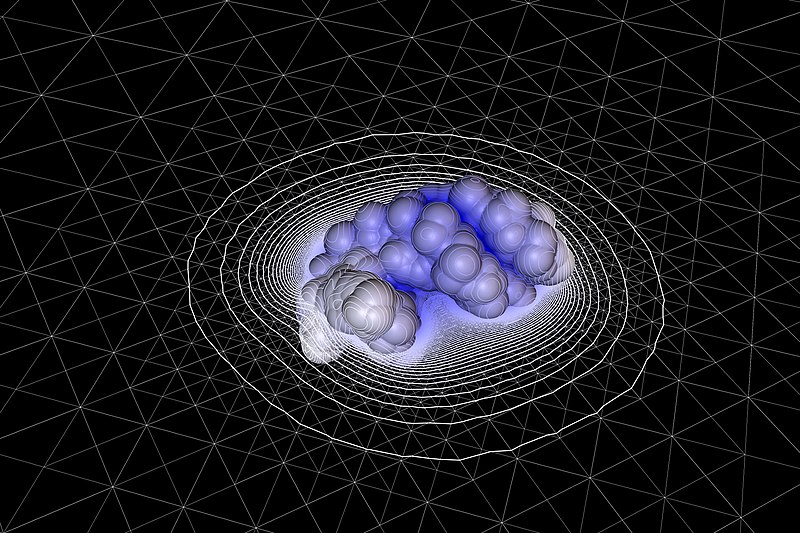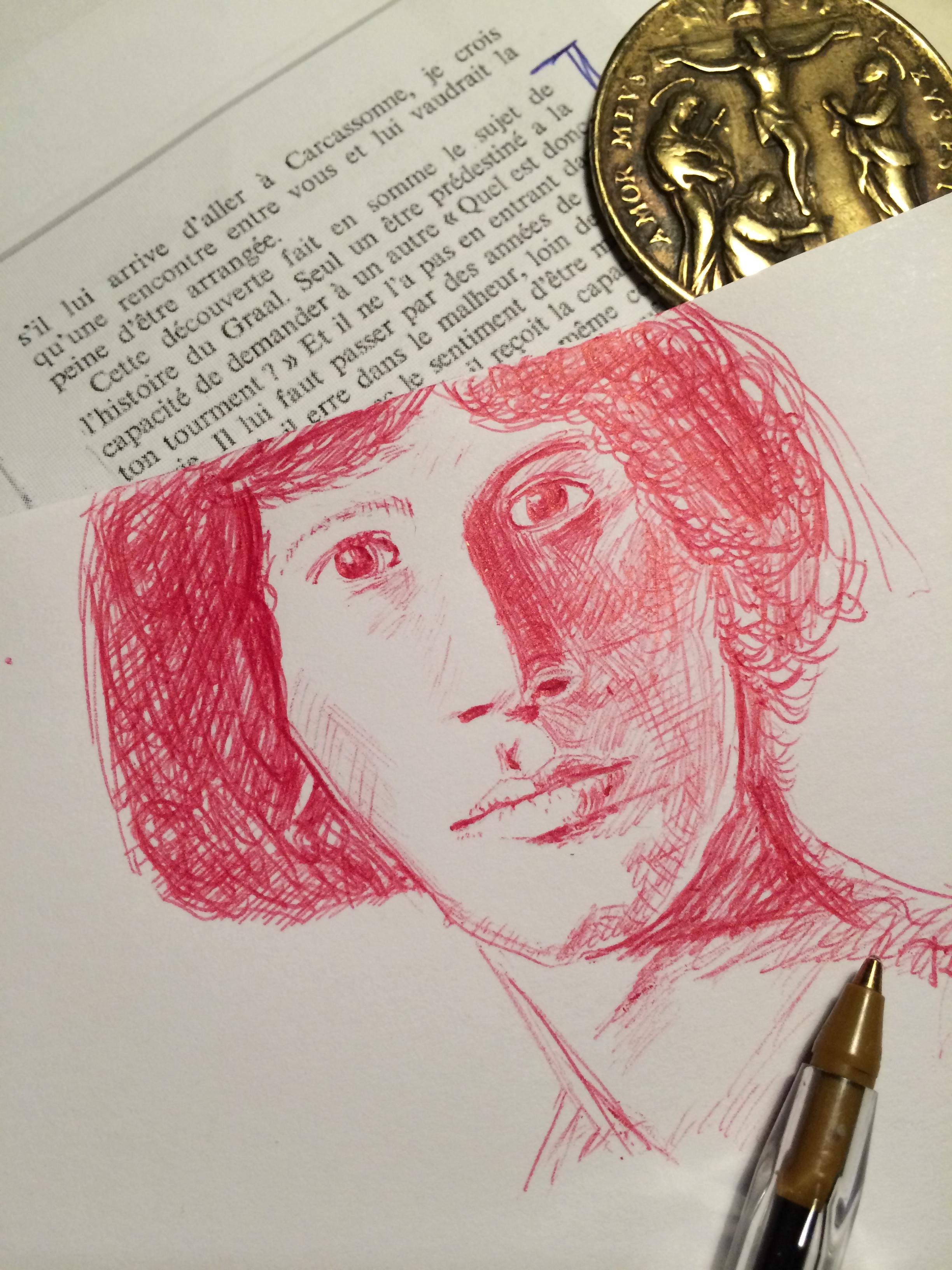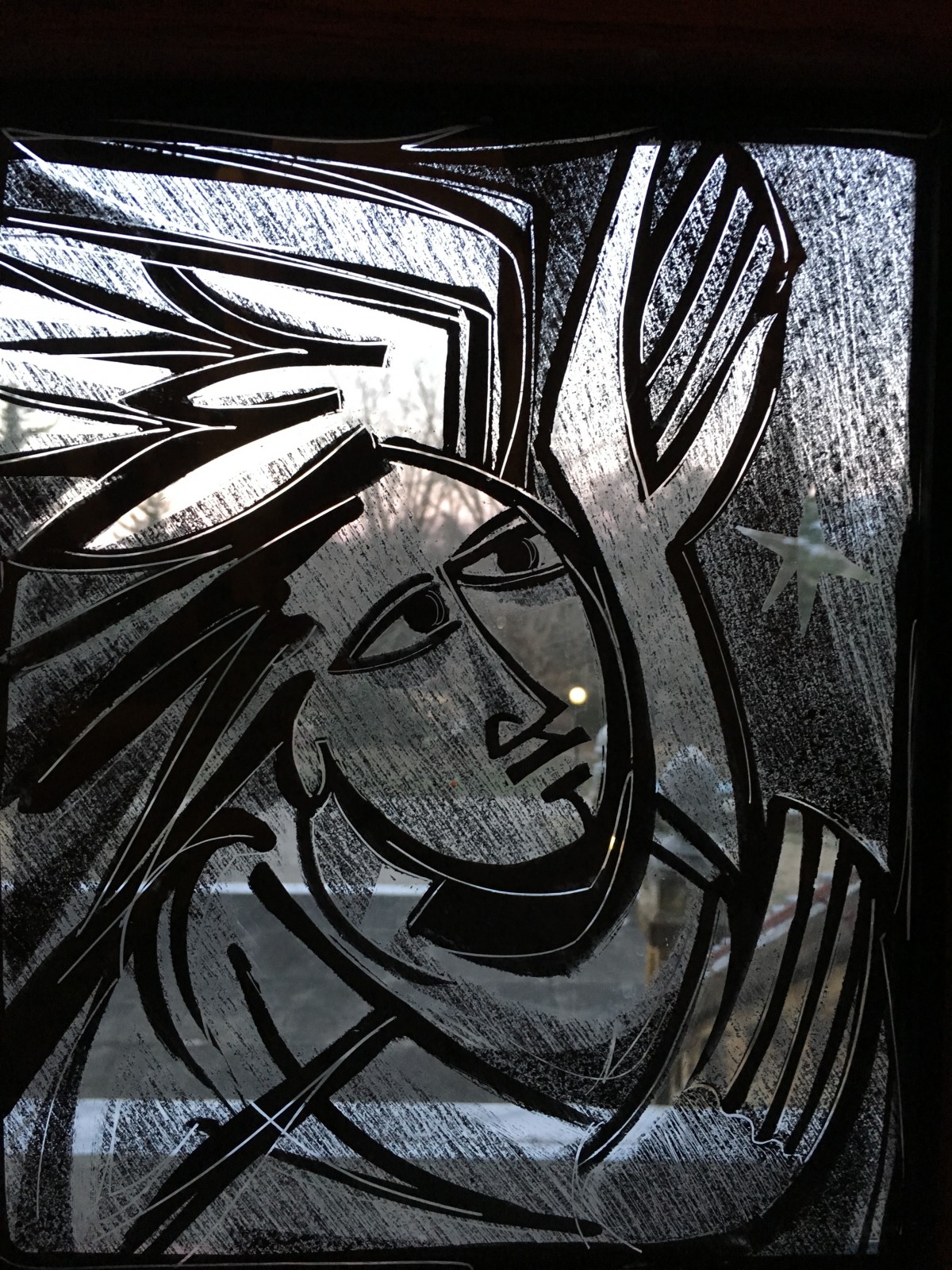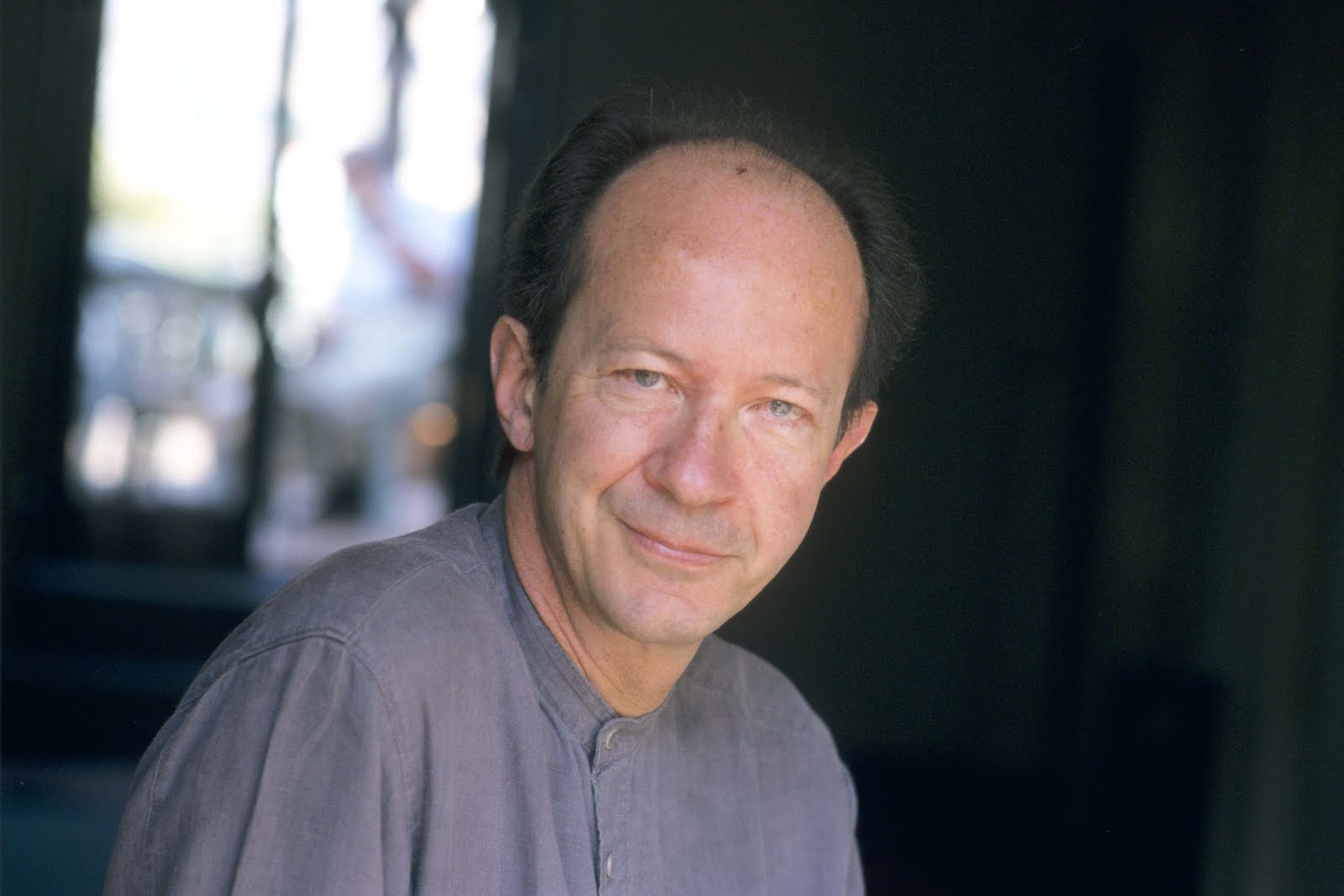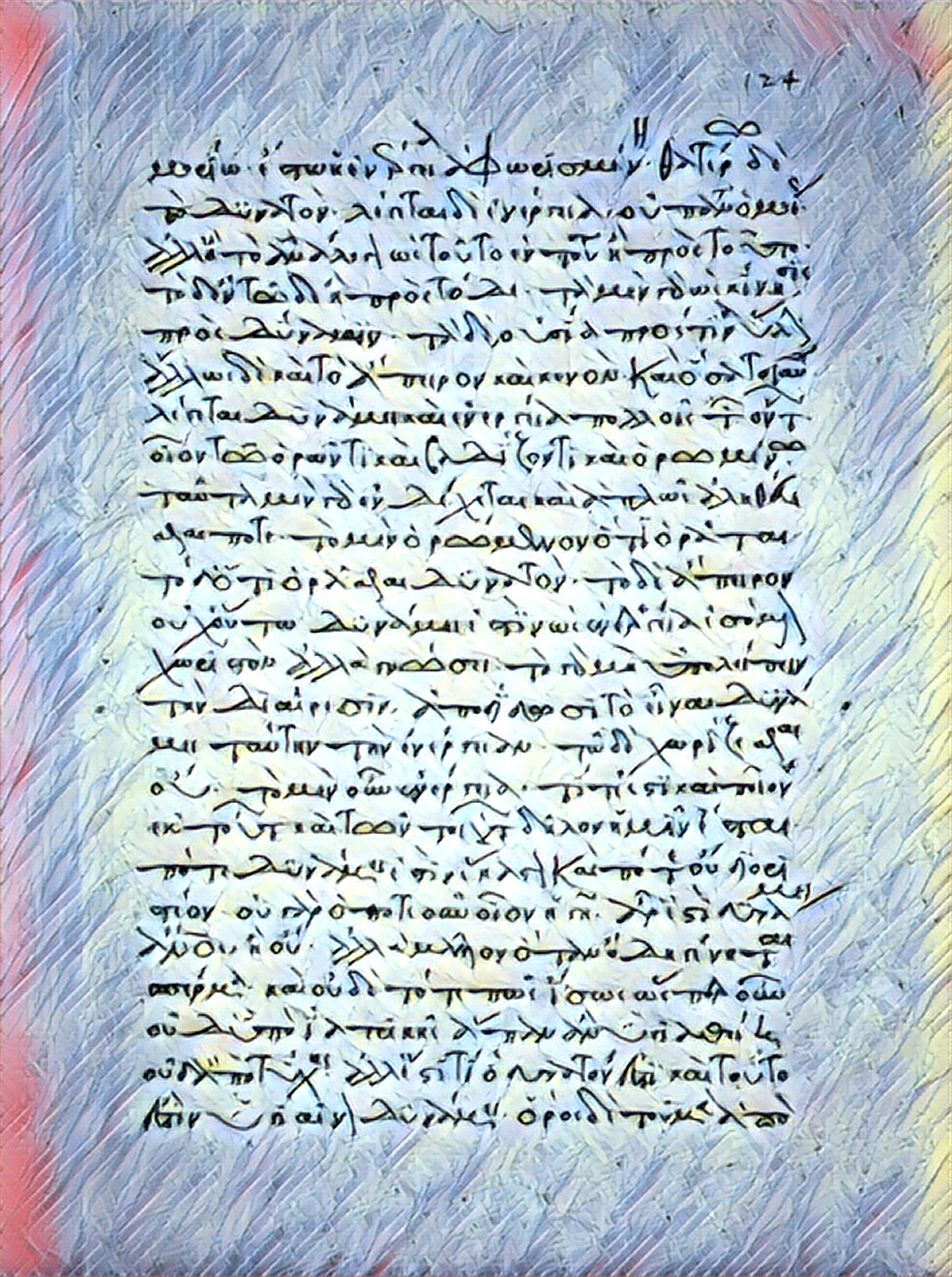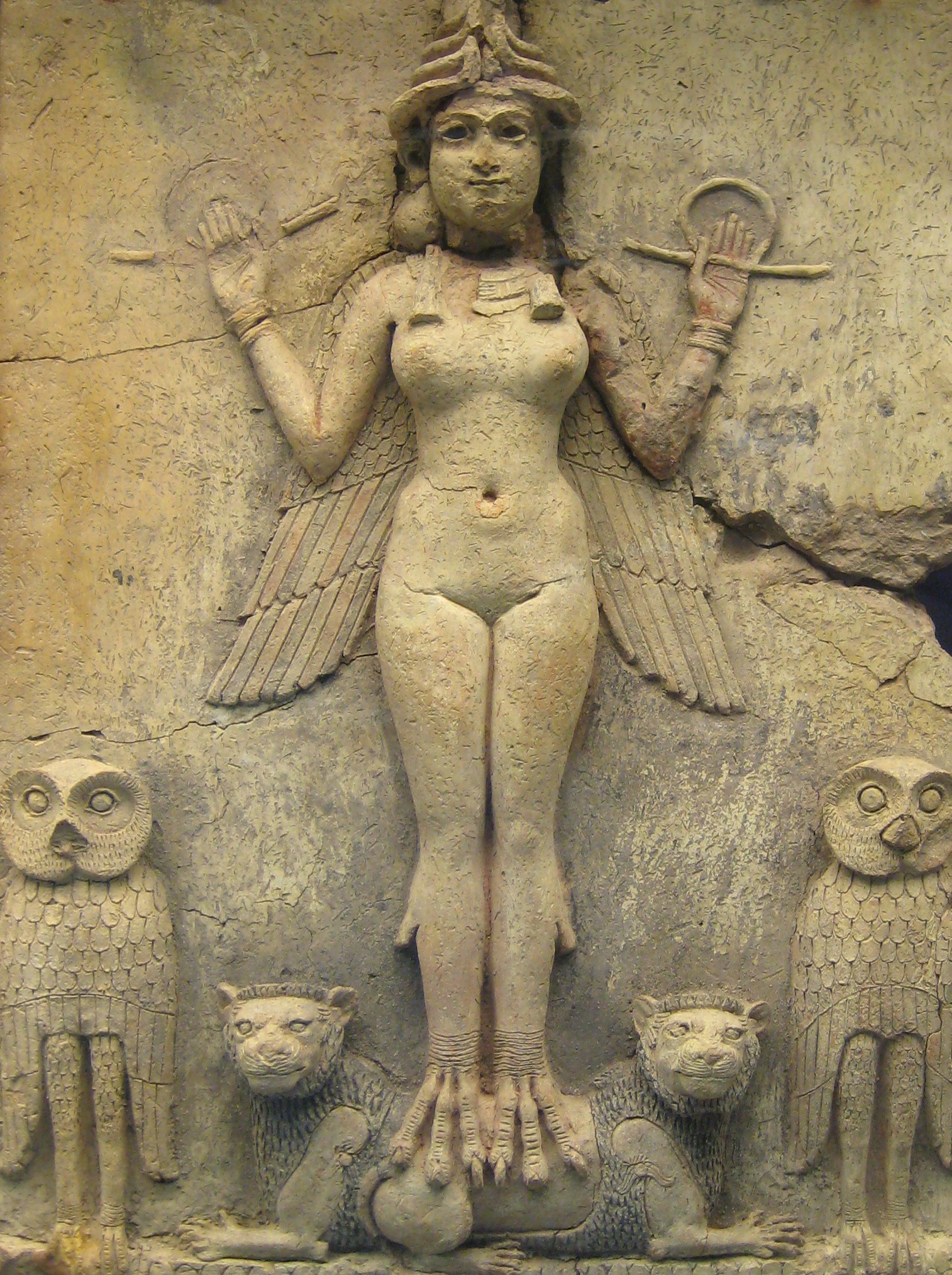The following is the third of a three part-series. The first can be found here, the second here. Planning and Religious Thought Where planning fails, despair grows. Only where despair grows, hope can rise. Where hope rises, thought reconnects with (the philosophical equivalent of) Love, thanks to a “certain” – ambiguity intended – faith and trust. […]
Tag: Plato
Locating The Oceanic in Sylvia Wynter’s “Demonic Ground”, Part 1 (Justine M. Bakker)
The following article will appear next month in the Winter 2021-22 issue of the Journal for Cultural and Religious Theory. It is published in three installments. As a demonic island, black studies lifts the fog that shrouds the laws of comparison, particularity, and exception to reveal an aquatic outlook ‘far away from the continent of […]
The Futurity Of God, Part 1 (Lenart Škof)
The following article is published in two parts. God is the Future Itself: From Ruyer to Mormonism God, if we hold to this word, is the future itself, or rather the eternal reservoir beyond time and creating time, who constantly projects himself or pours himself into the present (…).[1] In this essay on the futurity […]
“Scale Relative Ontology” And Simone Weil’s Spiritual Philosophy, Part 2 (N.E. Boulting
The following is the second of a two-part series. The first can be found here. Simone Weil’s Rejection of “The New Science” Two not unrelated factors result in her rejection of ‘the New Science’ besides her opposition to Planck’s stance on Quantum Theory. The first is her emphasis upon Plato’s ontology rather than Plato’s epistemology. […]
“Scale Relative Ontology” And Simone Weil’s Spiritual Philosophy, Part 1 (N.E. Boulting)
The following is the first of a two-part series. Can the debilitating effects of Scientism – identifying knowledge solely “with science” – be overcome? To answer that question, Simone Weil’s treatment of her three historical categories – Greek Science, Classical Science and Contemporary Science – can be compared to Don Ross’s conception of ‘Scale Relative […]
Longing For An Impossible Past – Derrida’s Of Grammatology And The Coronavirus As The Inauguration Of An Age Of Writing, Part 2 (Jared Lacy)
The following is the second of a two-part series. The first can be found here. Furthermore there is an element of nostalgia implicit in this desire. Like the armed protestors who stormed city capital buildings across the United States, there is a sense among certain students and faculty, that in the age of Coronavirus and […]
Lacan And Pneumatology (Mark Murphy)
There has been much work on Lacan in describing his relationship to a Christological theology. We see this in work such as Žižek’s The Fragile Absolute and also in his dual work with John Milbank, The Monstrosity of Christ.[1] We also see a Christological perspective on the value of Lacan’s work in Marcus Pound’s Theology, […]
Review – Three Agambens on Display (S.J. Cowan)
Agamben’s Philosophical Lineage. Edited by Adam Kotsko and Carlo Salzani. Edinburgh: Edinburgh University Press, 2017. ISBN-10: 1474423647. Hardcover, Paperback. 352 pages. If for nothing else, 2017 was a good year (at least for the English-speaking world) because we have received a variety of new works of philosophy from Giorgio Agamben. During the last year we have […]
The One Is Not – On the Fate Of Unity in Post-Metaphysical Philosophy (Jussi Backman)
A Turkish translation of a version of this essay has been published as “Bir, bir şey değildir: post-metafizik düşüncede birlik ve çokluğun akıbeti,” trans. Mustafa Yalçınkaya, Sabah Ülkesi: Üç aylık kültür-sanat ve felsefe dergisi, no. 51, Nisan 2017, 16–19. Available online at http://www.sabahulkesi.com/sayi.php?no=51, retrieved 27 April 2017. The themes of this essay are discussed in […]
Untimely Meditations on Techno-Theology and Theo-Poetics, Part 1 (John Panteleimon Manoussakis)
The following is the first half of the article. The second installment can be found here. Philosophical Propaedeutics Philosophy’s very first utterance, according to Aristotle,[1] present us with two seemingly incompatible positions: the unity of all, as posited by one causative principle (archē) to which Thales, lacking a better term, calls water, and the multiplicity of all, infested […]
